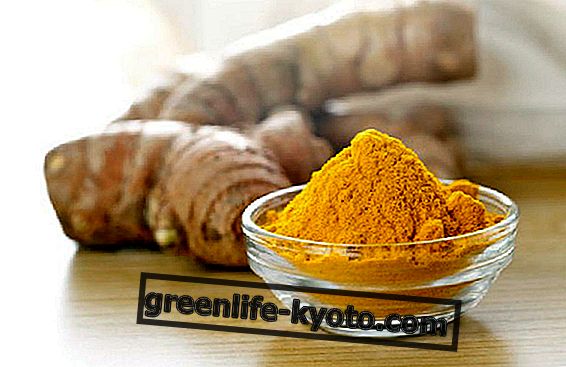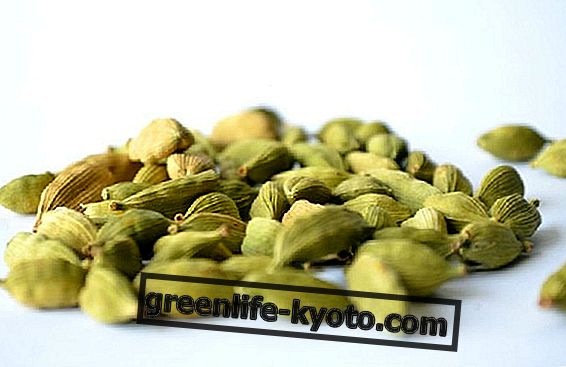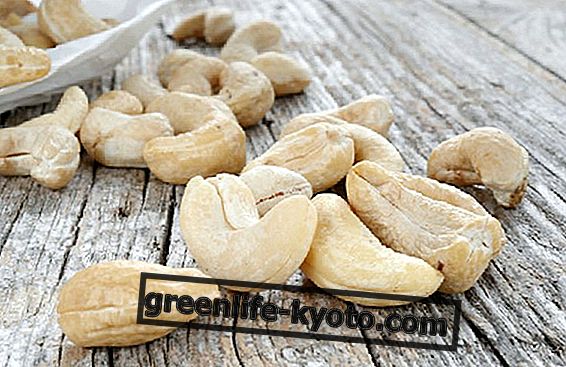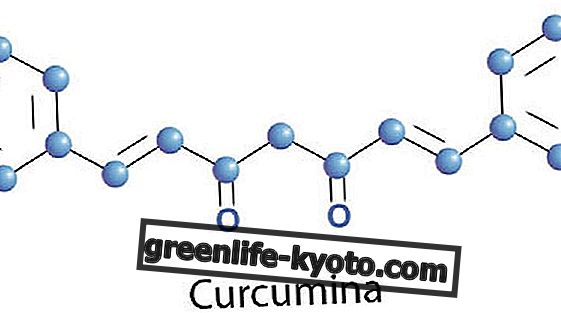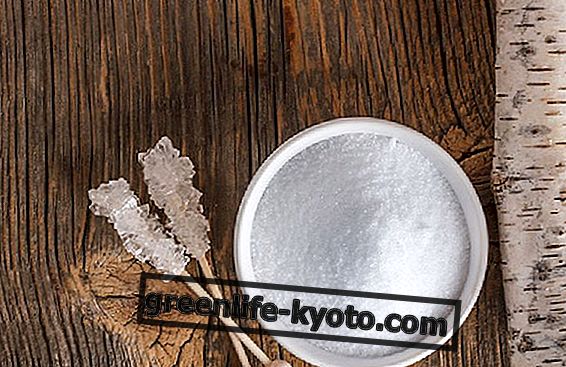
What is meant by a persistent cough ? It is not simply a cough that we have "been following" for several days, but the chronicization of a reaction of our defense system . But defend ourselves against what?
Indicatively the time parameter indicated to define the persistent cough is over 3 weeks ; if we exceed 8 weeks we talk about chronic cough .
As we all know coughing is an often involuntary reaction that is triggered when our first airways encounter an adverse agent that irritates, inflames or even simply swallows the free flow of breath and swallowing. We easily understand that if this response persists for weeks and weeks and we are not smokers or we do not have a normal flu, it is necessary to investigate the possible causes with a doctor .
The main indications to take into consideration are the type of cough, whether dry or oily, onset, nocturnal or diurnal or both and if there are particularities in association, such as burning in the chest or esophagus, stomach pain, headache or other.
Only with a careful anamnesis and accompanied by diagnostic tests can he give indications on what the causes can sometimes be even outside the respiratory system.
Possible causes of persistent cough
- The persistent cough may be due to infections of the respiratory tract not treated properly and turned into much more serious diseases, such as bronchitis or even pneumonia. The most common symptoms are fever, pain in the sternum, difficulty in breathing sometimes even with wheezing, back pain.
- Persistent cough may also depend on gastroesophageal reflux: gastric acidity can also damage the vocal cords, leading to lowering of the voice, an irritated cough and the constant need to clear the throat. The most common symptoms are heartburn, esophageal burns, acid taste in the throat, nocturnal cough, difficulty swallowing.
- Persistent cough can also be caused by cardiac deficiencies, more or less serious deficiencies that it is important to accurately diagnose and that bring with them an important symptomatology such as serious breathing difficulties, swelling of the lower limbs, dizziness.
- There are also causes of a neoplastic nature, but all this makes us understand that we should not underestimate the cough as a real alarm bell that informs us indeed warns us that something more or less serious is damaging our body.
Persistent sore throat, how to fight it?
Remedies for persistent cough
Once the cause determining this reaction of our organism has been established, we can accompany the pharmacological treatment with natural remedies that go to soothe the cough symptoms, with soothing, anti-inflammatory, sedative and disinfectant properties.
Horehound against persistent cough
Marrubio is a perennial plant whose flowers are small and grouped white. It grows in Europe, in Western Asia, in North Africa, along the ditch banks, on the walls of old houses, in stony ground. The part of the Marrubio used in herbal medicine is the aerial flowered part. The flowers are rich in bitter principles, alkaloids, flavonoids.
Marrubio has a mucolytic, expectorant, antitussive, choleretic, eupeptic, febrifugal and vermifuge action . What can I say ... better than that! In addition to acting on the symptom, he embraces some of the possible causes of the persistent cough and can be a valuable aid in restoring those affected.
It is in fact indicated in cases of bronchitis, cough, pertussis, cough with phlegm, bronchial asthma, dyspepsia, hepatocolecistopathies.
Attention in this last case, because it is contraindicated in the case of gallbladder stones.
Directions for use: it can be taken as an infusion: 1.5 g per 150 ml of water. You can take more cups a day between meals.
Helichrysum against persistent cough
Helichrysum is a bushy plant that grows in southern Europe, in arid soils and petraias. The part of helichrysum used in herbal medicine is the flowering part, rich in flavonoids, coumarins, essential oils, carotenoids .
The Helichrysum has a bronchial, expectorant, spasmolytic, choleretic, antiallergic, diuretic antiseptic action .
It is therefore indicated in cases of bronchitis, cough, whooping cough, allergic asthma, urticaria, cholecystitis, liver failure, rheumatism, chilblains. We can take it both in infusion and in hydroalcoholic extract.
How to use: the infusion has an unpleasant taste and 1.5 g are enough for 150 ml of boiling water to infuse for 15 minutes. The hydroalcoholic extract follows the standard dosage of 30 drops 3 times a day in a little water.
Carvi against persistent cough
The Carvi or Cumino dei Prati is a biennial plant characterized by white or pink flowers and narrow and long, aromatic fruits; the latter are used in herbal medicine because they are rich in essential oil, flavonoids, fatty oils, proteins and polysaccharides.
The carvi fruits play a spasmolytic, carminative, expectorant, and colagogal action . The carvi is indicated in case of meteorism, gastrointestinal spasms, nervous gastralgia, hiatal hernia, dyspepsia, bronchitis, chronic bronchitis, cough. It is therefore suitable for those forms of persistent cough that originate from problems of a gastric nature .
How to use: we can take it as an infusion: 1.5 of fruits crushed in 150 ml of boiling water to be filtered after 10/15 minutes. You can take 2 to 4 cups a day.
Carvi is also available in hydro-alcoholic extract: 30 drops in a little water 3 times a day; and in essential oil, 2 drops in a teaspoon of honey can be taken 3 teaspoons a day.



